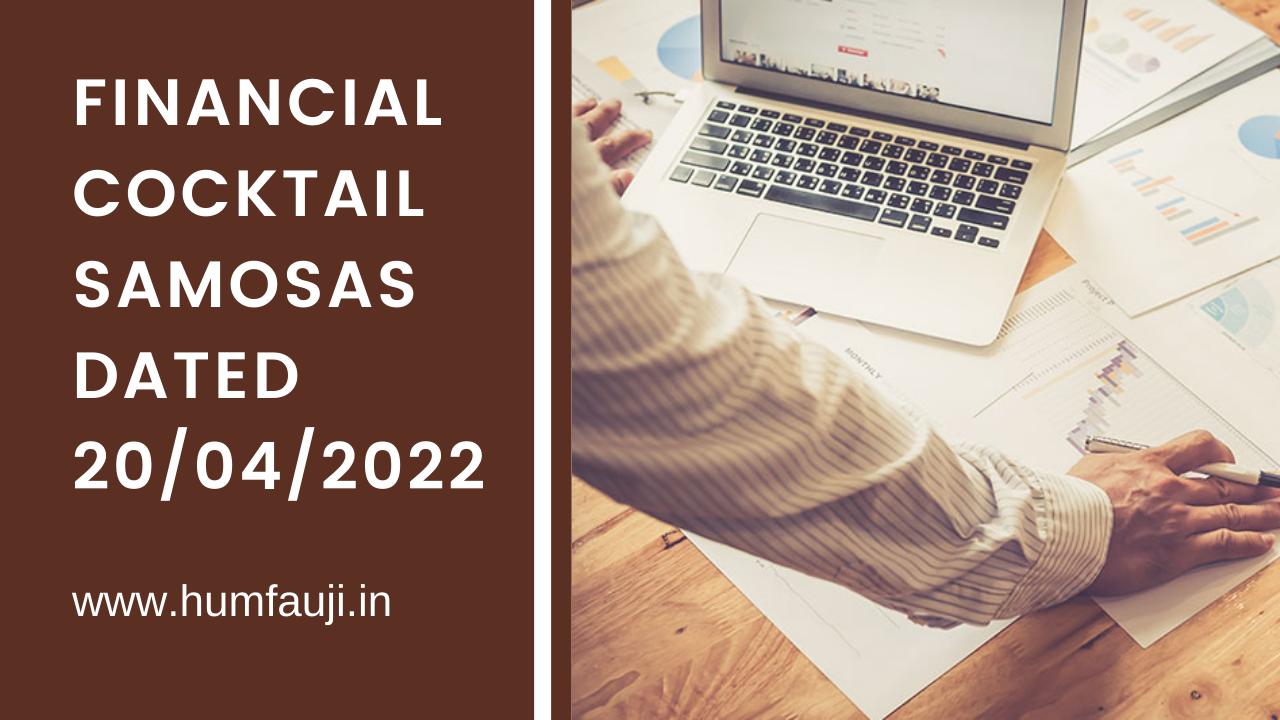Why Does Your Portfolio Require Regular Review and Maybe Rebalancing?
Most of us do a lot of research, and take advice and suggestions from various sources – financial advisors, financially savvy friends, news channels, newspapers, etc – before investing. Nobody wants to take any chances with their hard-earned money. However, once invested, we take a fill-it-shut-it-forget-it attitude and only look at it when the skies start falling!
Should it be so? Obviously not.
We monitor the progress of our child in the school, follow how our car is behaving, monitor the quality and price of items which come in home delivery on a regular basis, even monitor the cleanliness of our house by the maid – then why not monitor and take course-corrective actions with our life-time investments?
While fixed income products like bank FDs, long term life insurance plans, post office schemes, our Provident Fund etc may not require much of monitoring because they are non-volatile investment avenues, anything which is high cost and volatile like stocks, mutual funds, real estate investments, gold etc need to be followed more closely. If not done so, they have a tendency to lose their way, and the repercussions may get known very late when chances of recovery may be slim.
Is review not the same as rebalancing?
We often confuse review with rebalancing. A portfolio needs a periodic course correction to ensure that everything is performing fine, and no single investment is hogging the limelight in your portfolio – eg, when markets are doing well, equity value of your portfolio may rise in overall percentage in your portfolio thus increasing the risk in the portfolio. It needs to be periodically corrected. Same way, it is necessary to do a review of the portfolio when equity or debt exposure does not match your goals and risk profile. Rebalancing depends on many factors, like age, time horizon, and future requirements. So, rebalancing should follow reviews if so required.
It is hectic to do a review and rebalancing!
Asset allocation is one of the prime ways to build a robust investment portfolio that can help you achieve your financial goals. That is why we at HumFauji Initiatives always consider reviews and rebalancing to be an important part of your investment management and put in so much of our time, energy and effort to do it and keep your portfolios in good shape.
(Contributed by Nidhi Dogra, Associate Financial Planner, Team Arjun, Hum Fauji Initiatives)
What Should You Do in a Volatile Market?
The markets are falling. What should I do? Should I withdraw my investment amount and invest it later when the market recovers? Should I stop my ongoing SIPs?These questions might have crossed your mind whenever you see the markets going down. Ironically, same question comes up when markets are going up – should I withdraw my money because markets may fall now!
Investors need to understand that market volatility is inevitable. It’s the nature of markets to go up and down over the short term. The ideal way to deal with this volatility is to not let your emotions overpower you and simply stay invested if you’re looking for long term wealth creation. One more important point – to beat the market volatility, you should diversify your investments into equity and fixed-income instruments so that volatility in one is offset by the other investment avenue.
So, all that you have to do is be patient and continue the investing regularly – SIPs are the best way to ride out volatilities. You can also take the benefit of increased STP if you are looking to invest a lump sum amount.
Remember, time in the market is more important than timing the market.
(Contributed by Yogesh, Associate Financial Planner, Team Vikrant, Hum Fauji Initiatives)
International Funds have Underperformed Lately
International funds enable Indian investors to purchase stocks in firms that would otherwise be unavailable in the country’s stock markets. On the back of a run-up in markets there, of all the global funds available to Indian investors, US funds attracted the most inflows. However, if we look at the performance of overseas funds in the current calendar year, we can see that they have dropped by about 21%.
Why is it so?
Several reasons contributed to this downturn:
- After a two-year bull market, major declines in technology companies occurred, prompting investors to book profits.
- Economic growth has been hampered by supply-chain issues.
- Oil prices have continued to rise as a result of the Russia-Ukraine conflict.
- Most countries are concerned about high inflation, which is above their comfort threshold. That has affected the investor sentiment there.
- The aggressive approach of the Fed of USA, equivalent to our RBI, towards rate hikes continued as the benchmark 10-year U.S. Treasury yields jumped after a flurry of economic data such as retail sales and jobless claims.
All of these issues contributed to the funds’ low returns.
Jumbo-sized interest rate hikes in almost every country are boosting the market’s confidence that central banks are on the right track. Despite the fact that these funds are quite volatile, we expect them to come up in times to come. The investing time horizon should not be shorter than 5 years once we invest in stocks anywhere.
These downturns are undoubtedly part of short-term volatility, and it is advisable to remain invested in the long run.
(Contributed by Priya Goel, Associate Financial Planner, Team Sukhoi, Hum Fauji Initiatives)



